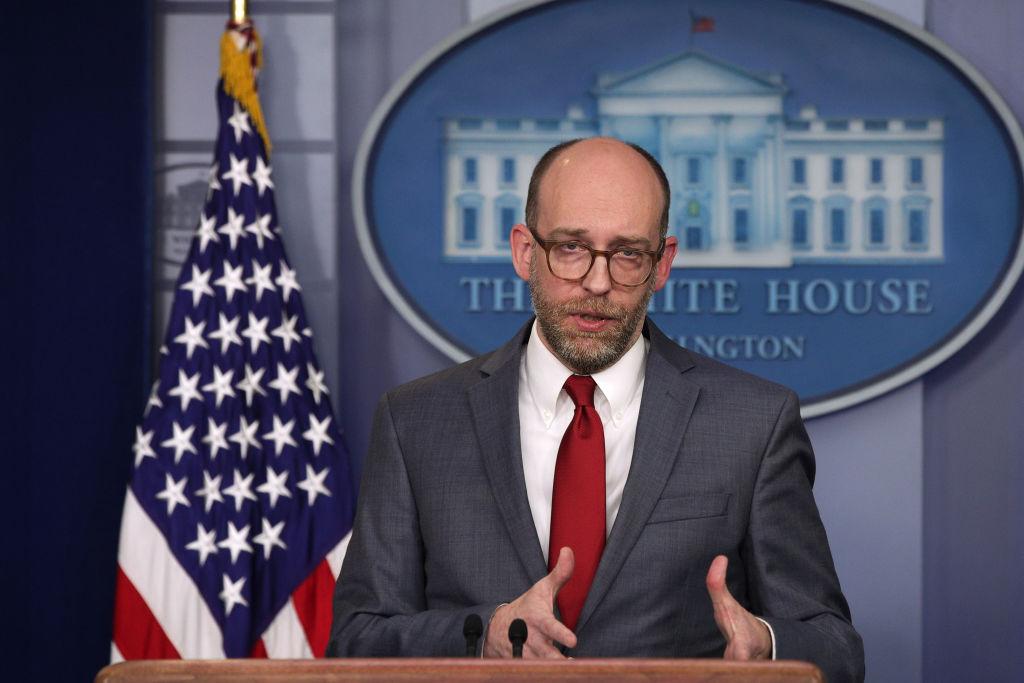WASHINGTON—The White House’s top budget official defended the president’s new budget proposal on March 12, saying that “the problem is not that American tax is too little; it is that Washington spends too much.”
President Donald Trump unveiled his third budget resolution on March 11, titled “A Budget for a Better America: Promises Kept. Taxpayers First,” calling for significant cuts to both discretionary and mandatory spending in fiscal year 2020.





